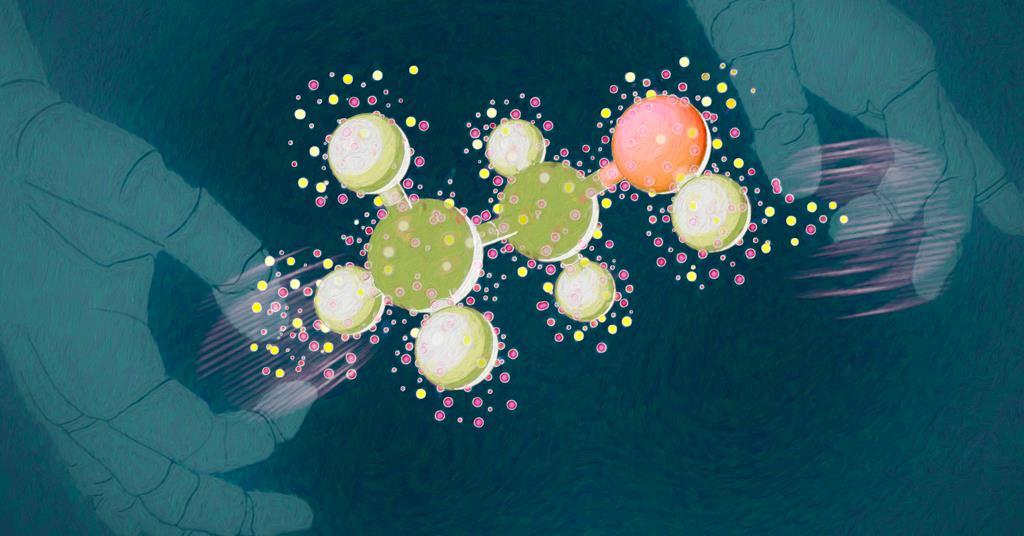Artificial Intelligence Transforming Chemistry: A Detailed Analysis
Artificial intelligence (AI) has recently been making significant strides in the field of chemistry, revolutionizing various aspects of the industry. From drug discovery to materials design, AI is shaping the future of chemistry in ways we could have never imagined. A recent analysis conducted by Valentine Ananikov, a prominent chemist, sheds light on the top 20 AI-based technologies that are transforming the landscape of chemistry.
1. Drug Discovery
One of the most groundbreaking applications of AI in chemistry is in the realm of drug discovery. Machine learning algorithms are being used to sift through massive datasets to identify potential drug candidates faster than traditional methods. Platforms like AlphaFold have shown the ability to predict how different chemical structures interact with biological targets, expediting the drug discovery process significantly.
2. Big Data
AI is also helping consolidate fragmented data from experiments, simulations, and literature into an integrated system through big data analytics. Integrated chemical data can accelerate progress by enabling comprehensive data analysis and cross-disciplinary research.
3. Automated Laboratory Platforms
By harnessing robotics, software, and AI, automated laboratory platforms are enhancing precision and reproducibility in experiments. These AI-driven systems can perform complex synthetic tasks and high-throughput screening, making them invaluable in drug discovery and materials science.
4. Integrating Lab Instruments and Internet of Things
Connecting lab instruments to the internet of things allows for automated data collection, real-time monitoring, and seamless data analysis. This integration can lead to various applications, from continuous drug synthesis monitoring to real-time pollutant tracking, improving safety and efficiency in the process.
5. AI in Spectroscopy and Analytical Method Development
Through ML algorithms trained on large datasets of spectroscopic measurements, AI is enhancing data analysis in chemistry by rapidly identifying contaminants in drug formulations and detecting trace pollutants in environmental monitoring, among other applications.
6. Blockchain for Supply Chain Optimization
Blockchain technology is being leveraged to optimize chemical industry supply chains by ensuring product authenticity, safety data, and regulatory compliance. This technology enhances recall processes, dispute resolution, and inventory management, ultimately reducing costs and promoting efficiency in the supply chain.
Conclusion
The integration of AI into the field of chemistry is revolutionizing the way experiments are conducted, data is analyzed, and discoveries are made. With applications ranging from drug discovery to materials design, AI is pushing the boundaries of what is possible in the world of chemistry. As we continue to explore the potential of AI in chemistry, the possibilities for innovation and advancement are truly limitless, paving the way for a more efficient, sustainable, and cutting-edge industry.
IntelliPrompt curated this article: Read the full story at the original source by clicking here a fun game: sprunki horror

